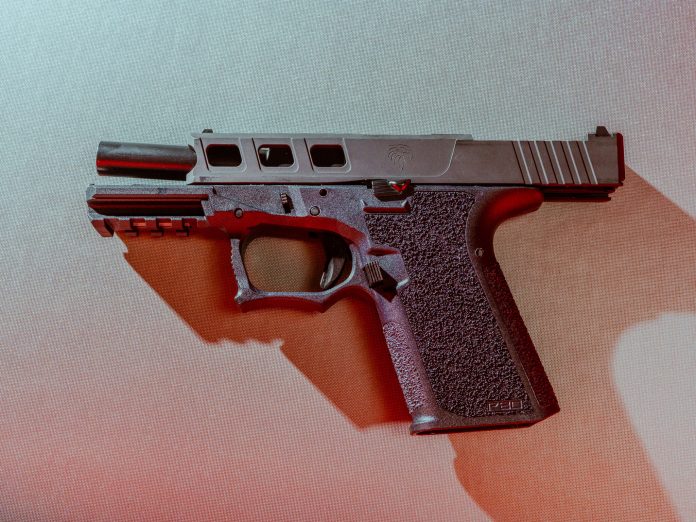
In a significant legal development, a federal judge ruled in favor of the state of California, declaring a portion of a Biden administration regulation aimed at curtailing untraceable “ghost guns” invalid. U.S. District Judge Edward Chen, presiding in San Francisco, found fault with the rule, arguing that it failed to explore avenues for further tightening the regulation.
Background and Legal Context
The ruling, delivered by Judge Chen, adds a new layer of uncertainty to the 2022 rule, which has already faced challenges. Earlier, the Biden administration had appealed to the U.S. Supreme Court to reverse a November ruling from the 5th U.S. Circuit Court of Appeals, based in New Orleans, which deemed the regulation unlawful in a separate lawsuit brought by gun rights groups. Despite this, the Supreme Court allowed the regulations to remain in effect during ongoing litigation.
The California Challenge
The case in California was initiated by the state’s Attorney General, Rob Bonta, a Democrat, and the Giffords Law Center to Prevent Gun Violence. They contended that the Bureau of Alcohol, Tobacco, Firearms and Explosives (ATF) rule did not go far enough in prohibiting ghost guns, citing concerns over public safety and the proliferation of these firearms.
Rising Concerns Over Ghost Guns
The surge in untraceable firearms, commonly known as ghost guns, has raised alarm bells. According to the Justice Department, over 19,000 suspected ghost guns were reported to the ATF in 2021, marking a staggering 1,000% increase from 2017. These guns, often assembled from kits purchased online or in stores without background checks, lack serial numbers, making them difficult to trace.
Legal Rationale Behind the Ruling
Central to the California challenge was the treatment of partially complete receivers for AR-15-type semi-assault rifles under the ATF’s rule. The plaintiffs argued that the rule’s stipulation, categorizing these receivers as firearms only if sold with accompanying tools or jigs, was arbitrary. Judge Chen concurred, stating that the ATF failed to justify why it did not regulate such receivers as firearms, especially considering the ease of acquiring tools to render them functional.
Implications and Future Actions
While declaring a subsection of the ATF’s rule unlawful, Judge Chen emphasized that the bulk of the agency’s regulation concerning ghost guns remained intact. This ruling is expected to prompt the ATF to reassess its approach and potentially close loopholes allowing the sale of DIY AR-15 assault weapons without proper oversight.
Reactions and Statements
The Giffords Law Center hailed the decision, expressing optimism that it would compel the ATF to address regulatory gaps. Attorney Lee Crain emphasized the importance of preventing the sale of untraceable firearms without background checks or serial numbers.
In response to the ruling, Attorney General Rob Bonta’s office underscored the federal government’s role in regulating such weapons to prevent their interstate proliferation.
For California: Sean Clinton Woods of the California Department of Justice
For Giffords Law Center: Lee Crain of Gibson, Dunn & Crutcher; Avi Weitzman of Paul Hastings; and David Pucino of Giffords Law Center to Prevent Gun Violence
For ATF: Jeremy Newman of the U.S. Department of Justice
Don’t be a silent ninja! Let us know your thoughts in the comment section below.








